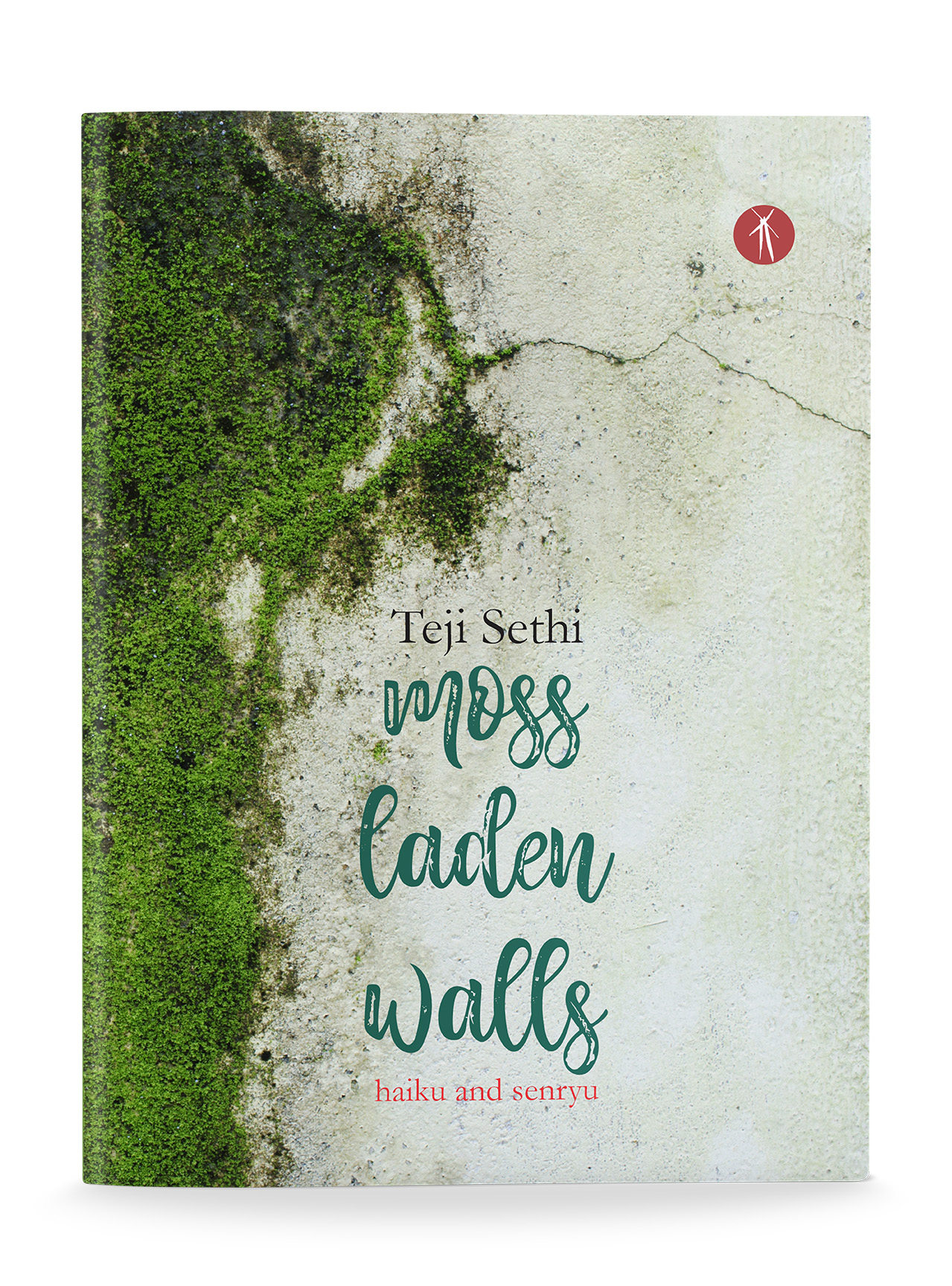
The Poet is the Rosary
Looking at Teji Sethi’s moss laden walls, Urvashi V. finds the collection cinematically significant.
Teji Sethi’s moss laden walls is a ceaseless collection of loss ripening (like a cuckoo’s voice and mango blossoms in one of her poems) through sun and rain—the very first offering, previous even to the book’s first section break indicating ‘haiku and senryu,’ memorializes a lost father:
starched turbans
in your wardrobe
long to be
creased
stretched
tied
Memory acts in her poems as the verses themselves do—revisiting grief, she nourishes it, grows it into being as all but embodied kin out of absence, wounds, silence, the caress of incredible emptiness where there was warmth, stillness echoes, and felt music where there was movement and audible sound, ‘nothing’ where there was ‘something,’ light sunk to shadows and darkness, formlessness that remembers shape, and the sigh of words:
reading between lines
the silence
he never wrote
And,
the only sound
he left behind
rustle of leaves
In her tanka prose piece titled ‘Fragments,’ an old woman “lost in the echoes of the past” sighs as she braids the poet’s hair, “puttar jis Lahore nahi vekhaya o jamiya hi nahi”—child, s/he who hasn’t seen Lahore hasn’t (even) been born. Sethi’s poetic intervention terms her (or perhaps herself, gathering to herself the woman’s past) “weaver bird / picking up the strands / of unfinished stories.”
Partition is kireji, spoken or unspoken, a cutting word through poem after poem: “line of control / my identity / in halves.” Just as she traverses Delhi, Lahore, and the borderlands in between, Sethi wades through metaphors in three poetic landscapes—all in their own ways liminal.
In one series of experiments—and all her poems are experiments, “swinging door[s]” through which she ‘learns to unlearn’—Sethi associates a familiar turn of phrase or image with an object unfamiliar, even antagonistic, a manifest opposition, to it:
city lake
a cluster of hyacinths
choking its breath
In another, she makes (an invariably many-dimensioned, aged and stratified from birth, startlingly beautiful in its vari-tongued, multi-meaninged) metaphor out of quotidian circumstance:
papeeha
looks up at the sky
parched lips
And again,
menopausal blues
it is not red
always
In a third kind, the poet brusquely brushes metaphor way as an excess—the possibility of metaphorical construction always crowds around the edges, of course, but the visceral urgency of sensation being expressed seems almost to ridicule is presumptuousness:
pruning bonsai . . .
father talks of
a pay hike
And,
shattered glass
wrapped in white muslin
another stillborn
Or, parsing the pandemic,
tree sap
the life in
quarantine d me out
r
a
i
n
s
Sethi’s verses are, one and all, cinematically significant—backdrop and soundtrack populate with a single word or phrase the stage or set upon which figurations of poet or those she is inhabiting play their parts. In the prose piece ‘Countless Days,’ “[t]he walls of the wooden lacquered room look forlorn” as kehva simmers unceasingly through an uneasy, drizzly dawn. In a “childhood home / the walls still nurse / a shape of an old picture” and elsewhere, “desert winds / a caravan of camels / loses its way.”
What binds this rosary together is that, subtextually and textually, it characterizes itself as such. The scope of the substance Sethi gifts her readers with in moss laden walls is impossible to pin down, fix, or delineate—memory is everything, after all, everything an individual, her kith kin and communities have touched or imagined. Rivers, forests, wind and wit (that vehicle of the human being’s travel transformation and transpositionings) run through the verses, carrying written word and reading consciousness across time space and scales of feeling. But in the end, it is they that encircle the whole: creations of her craft, they bind the one she speaks to in a kaleidoscope of deeply personal meaning as surely as the finite, physical pages of the book contain her sea of joy in sorrow. The poet is the rosary.
Browse Our Catalogue
- Bags2 products
- Bengali197 products
- Fiction44 products
- Journal2 products
- Memoir3 products
- Nonfiction53 products
- Poetry95 products
- English215 products
- Drama4 products
- Fiction29 products
- Journal3 products
- Literary Criticism9 products
- Memoir7 products
- Nonfiction23 products
- Poetry155 products
- Sanskrit1 product
Recent Posts
Recent Comments
Be calm. Be still . Be silent, content. There’s a powerful resonance in these words. Looking forward to reading these…
As humanity burns in the flames of systemic injustice, Hibiscus blooms to heal our wounds, and to transform old sufferings…
After the book launch in the UK and the USA, it’s happening in India! So excited, and waiting to hold…
Simple and sincere and a good choice of poems. Well done!
I appreciate the simplicity of your reading choices. Morphie is a cute and charming poem with some irony. I think…
I have my copy (Ok, my husband may have bought a few more). After post-dinner chores are done I snuggle…
pleasure though in virtual reality. Best wishes. Wribhu Chattopadhyay
Simple and lovely! It’s great to see the books. I look forward to seeing my copy in the mail soon!
Dear Kiriti, I liked the way you recited the poems, making me feel the various hues on the Hibiscus, breaking…

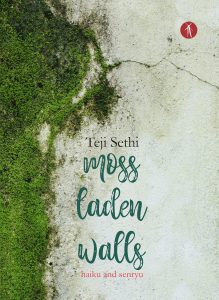
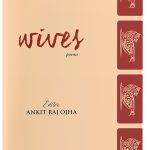
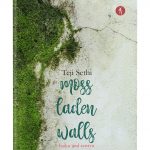
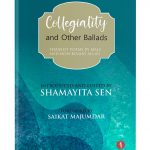
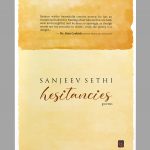
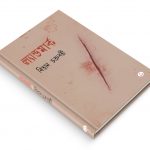
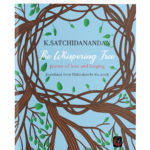
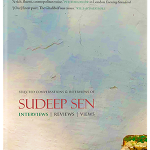
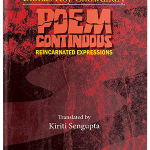
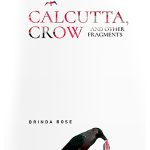
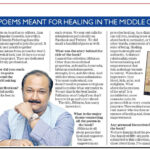
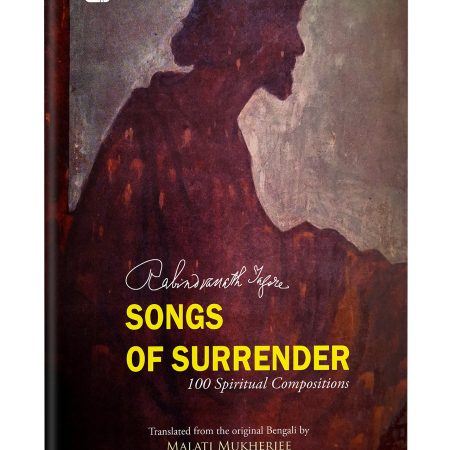
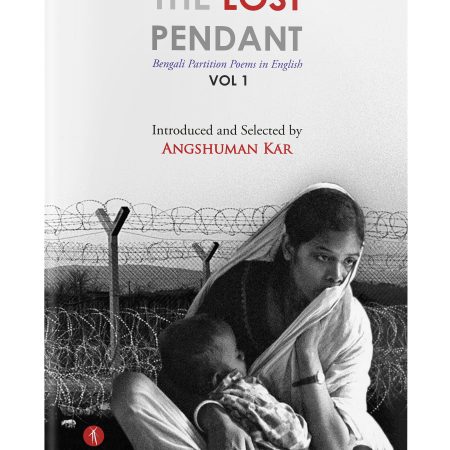
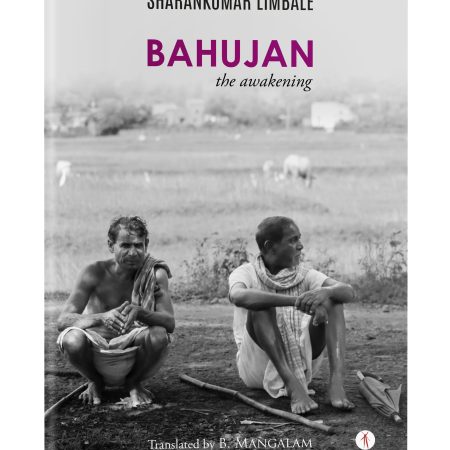
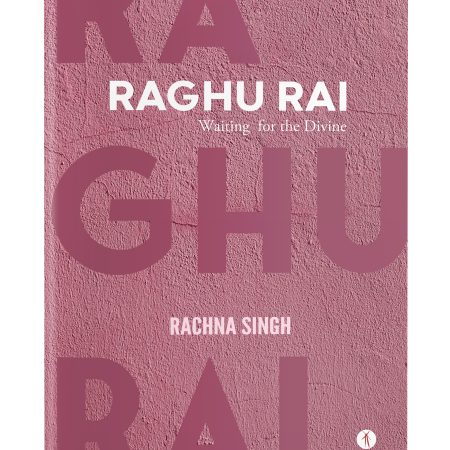
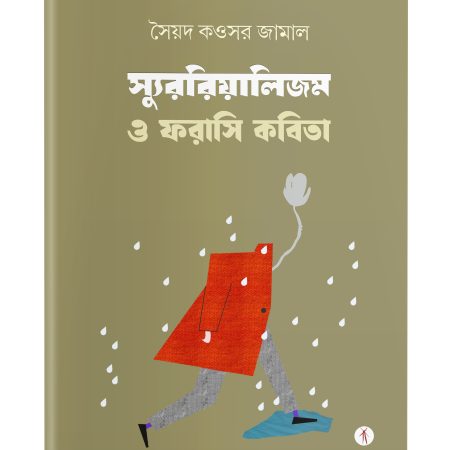
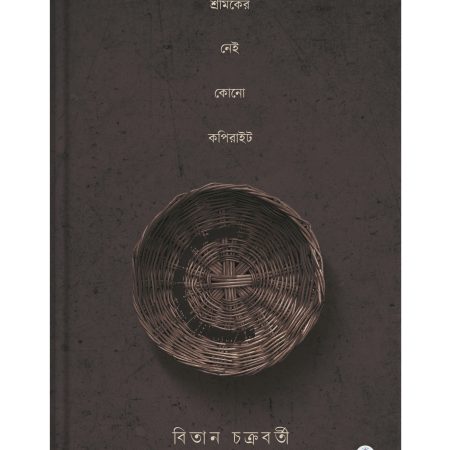
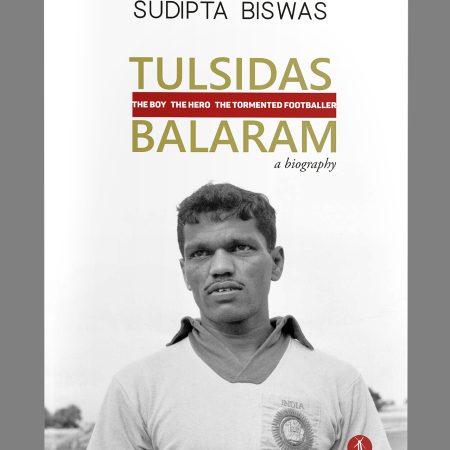
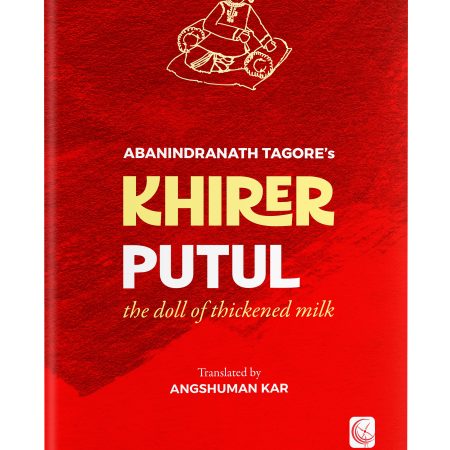
I understand quite well and share Sudeep Sen’s profound desire to reveal himself. If the writer, any writer, cannot reveal…